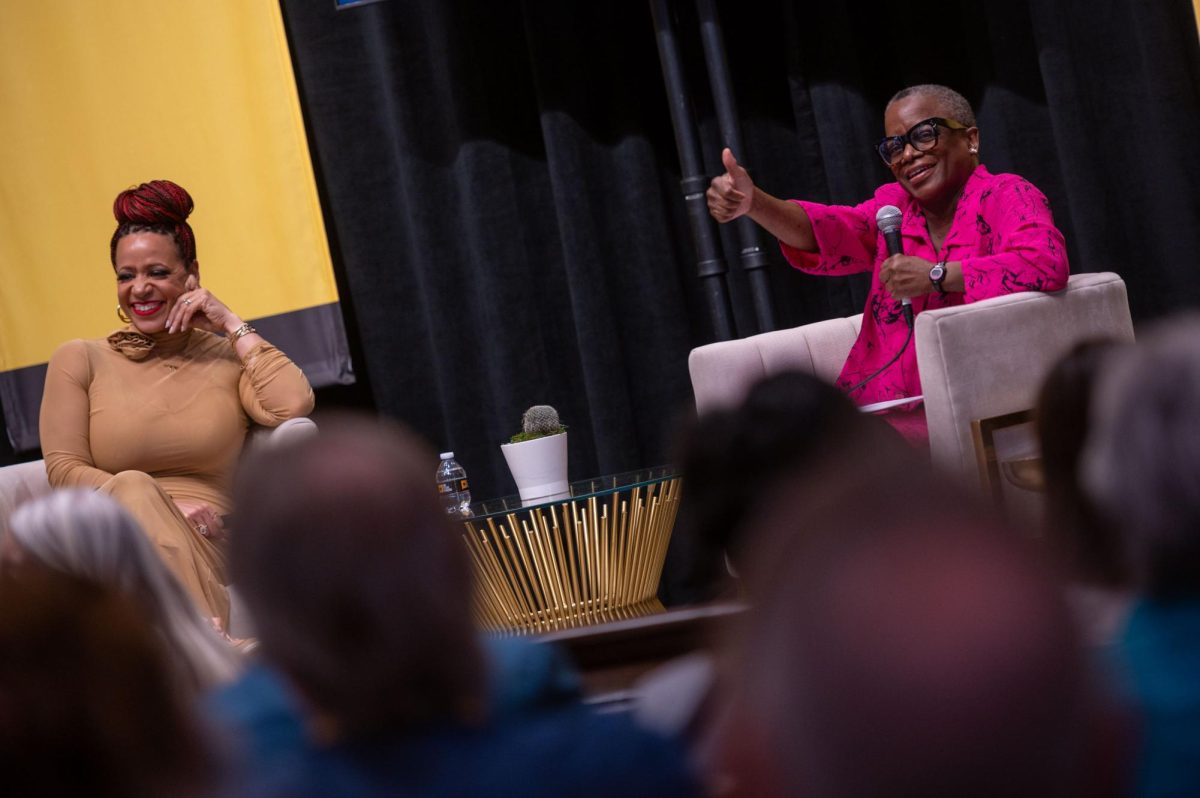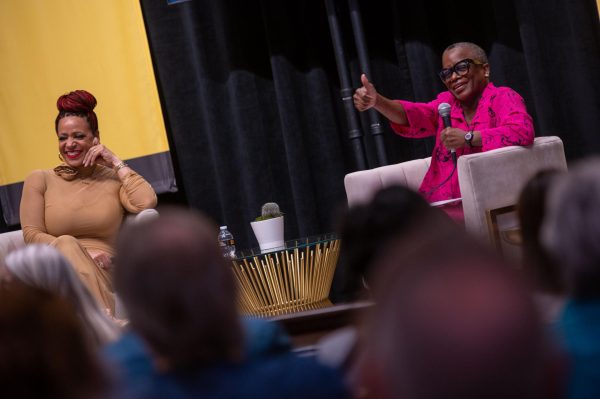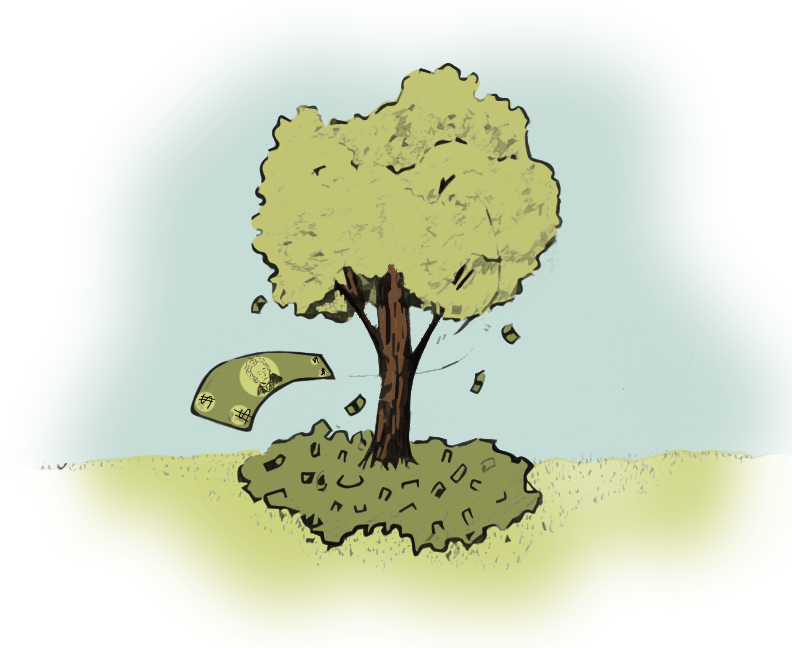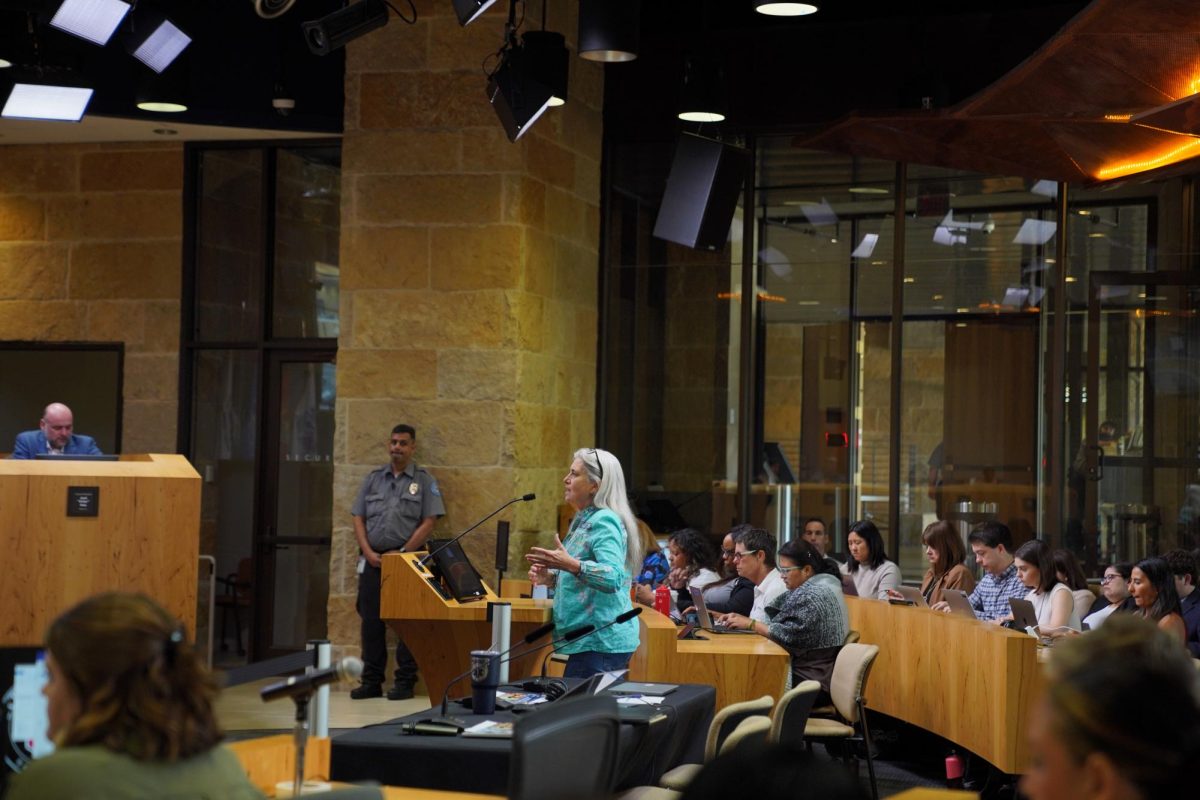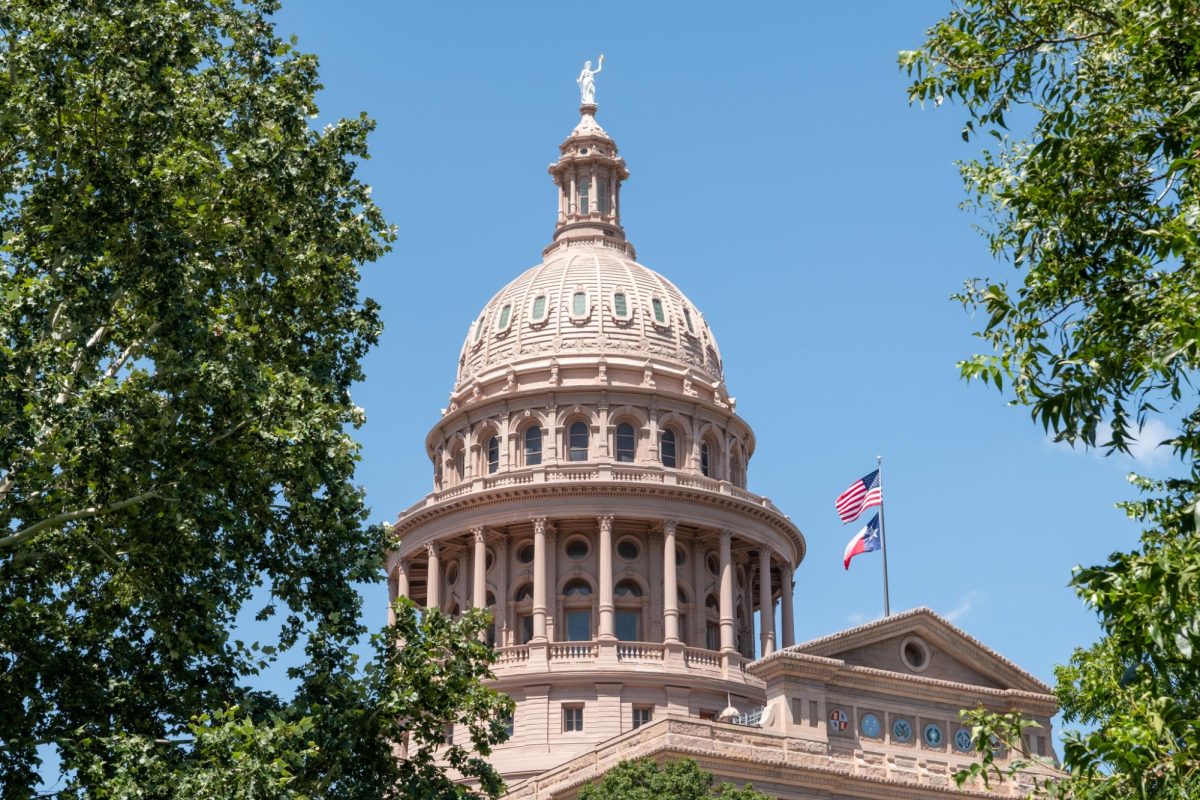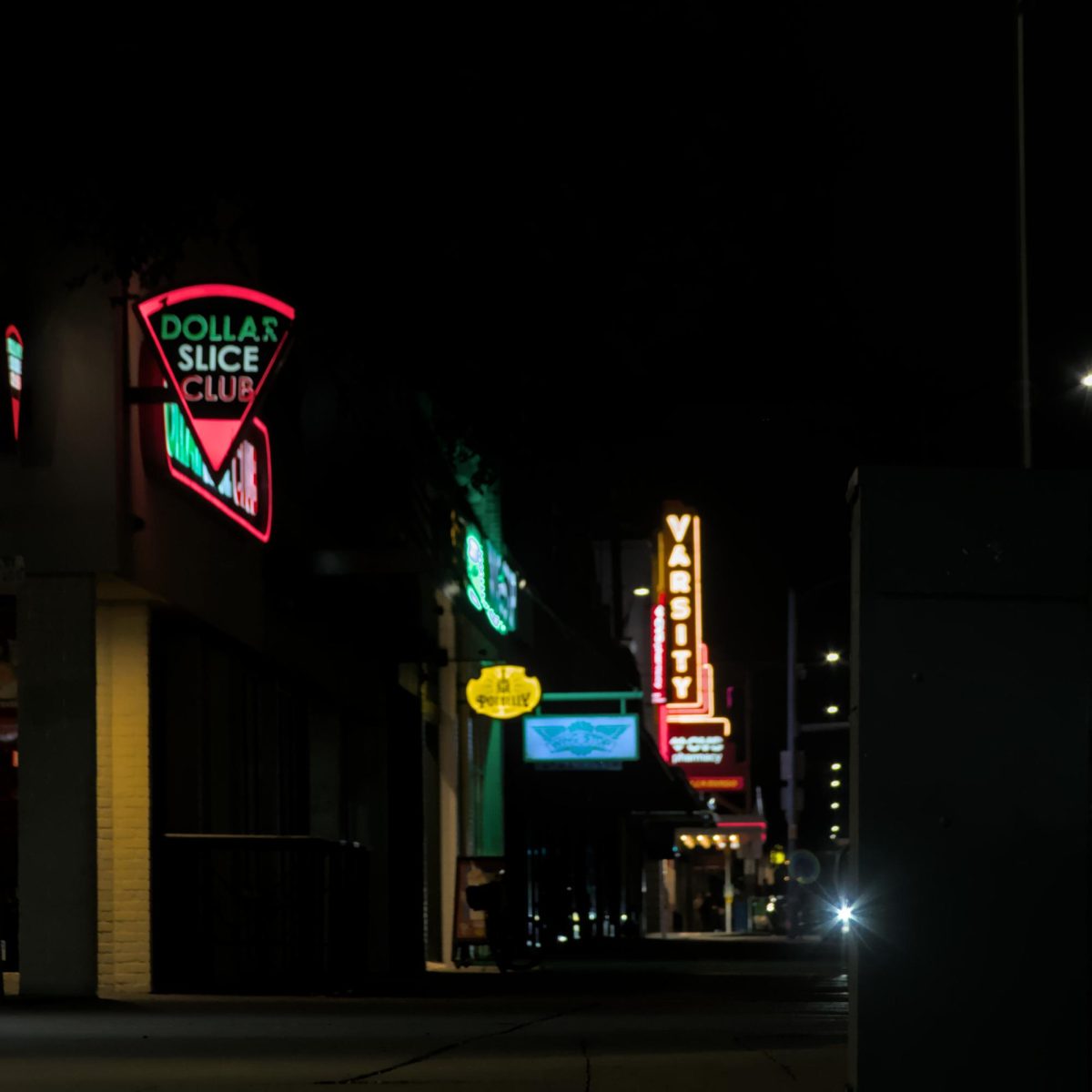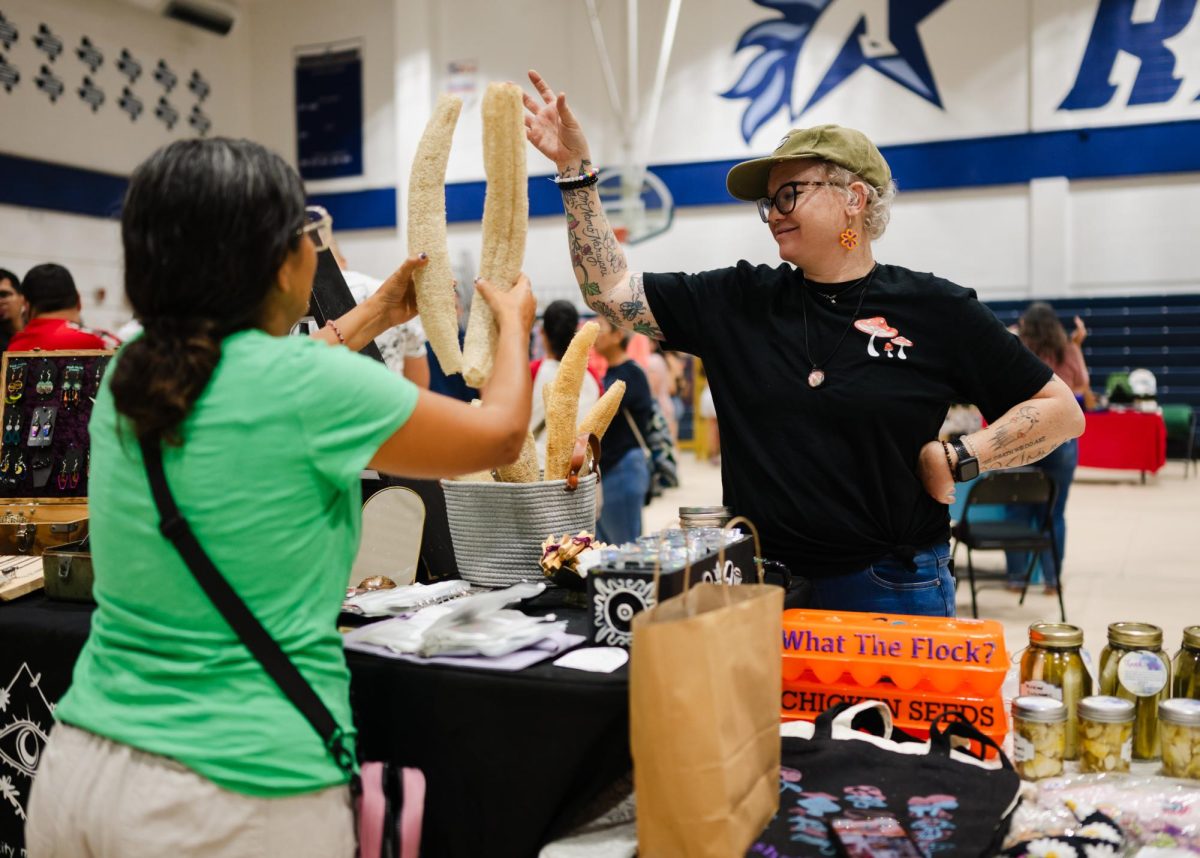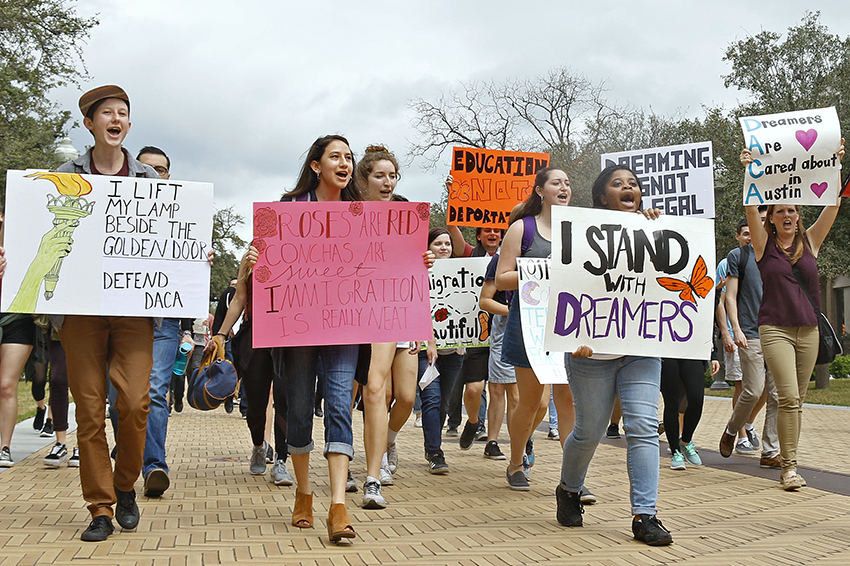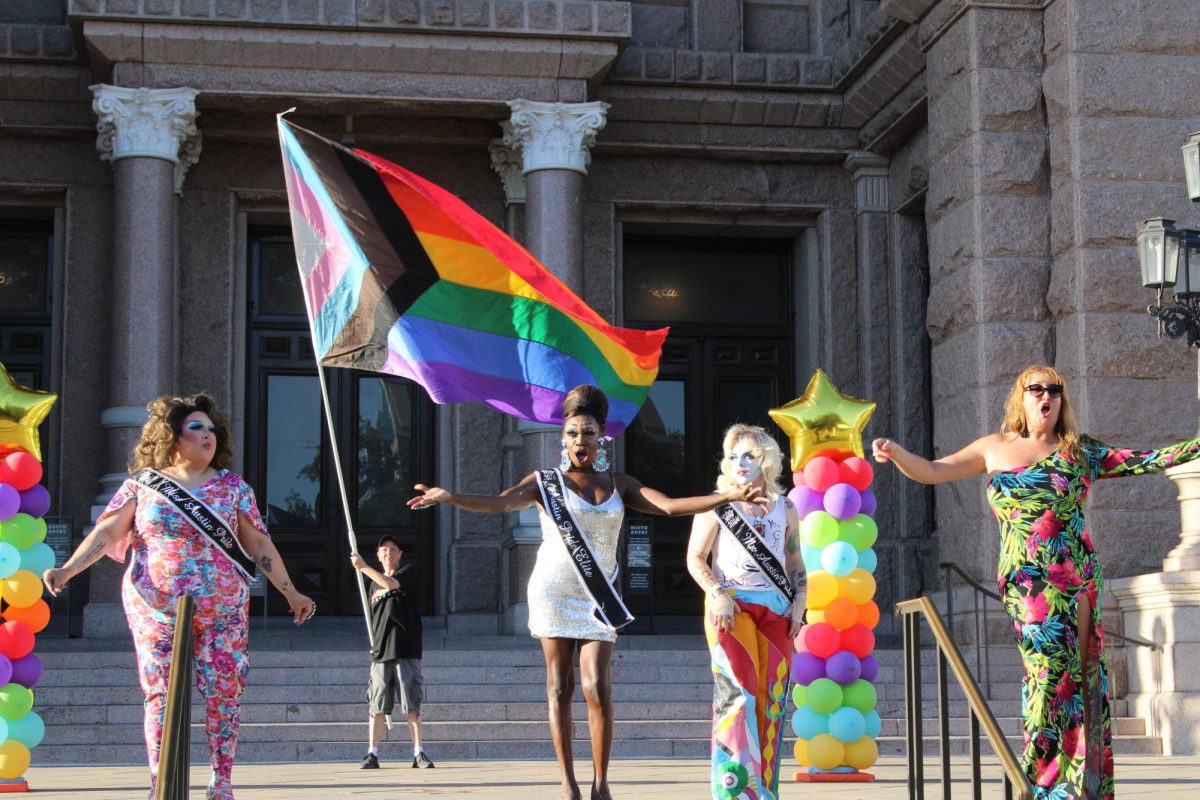Historical analysis is imperative to understanding and accurately covering the current realities of people of color in America, award-winning journalist Nikole Hannah-Jones said Saturday in a conversation at the Texas Tribune Festival.
UT journalism professor Kathleen McElroy led a discussion with Hannah-Jones, winner of the Pulitzer Prize for The 1619 Project and the Knight Chair in Race and Journalism at Howard University, about racial injustice in America and journalism’s failures in covering issues affecting Black people.
The conversation focused on the importance of including historical contexts when covering racial injustices in the United States. Hannah-Jones said her biggest critique of journalism today is the superficial way it discusses race by failing to contextualize current events.
“I don’t want to write about (a) failing Black school, which shocked nobody,” Hannah-Jones said. “And not say … this was set up to fail by these policies, and by these people making these decisions and that has nothing to do with the pathology of Black children or families, but a structure that was created.”
The two women acknowledged their shared experiences in failed hirings by top universities. Earlier this summer, McElroy initially accepted an offer to direct a new journalism program at Texas A&M University before declining the offer following pushback from Board of Regents members worried about her work in promoting diversity in newsrooms.
The debacle mirrored Hannah-Jones’ failed hiring at the University of North Carolina at Chapel Hill in 2021, where the university denied her a tenured position in the journalism school because of her work on The 1619 Project. This led her to take a position at Howard University, a historically Black university.
Hannah-Jones discussed the Center for Journalism and Democracy, an academic center she started at Howard University dedicated to supporting investigative, historically-informed and pro-democracy journalism. She said the center was inspired by the Black press who viewed journalism as a form of activism.
“(Hannah-Jones) calls herself an investigative reporter, I call her a number one historian,” McElroy said. “You give us a path to use history to understand what’s going on, I think that’s the hallmark of your reporting.”
Hannah-Jones said she disagreed with the idea that America is one of the oldest continuing democracies in the world. She said democracy did not come until the passing of the Voting Rights Act in 1965, which prohibited racial discrimination in voting. She said a true multi-racial democracy is a new phenomenon still being shaped today.
“There is no historical proof that everything will be okay because we’ve only experienced multi-racial democracy for a very short time, so I am using the center to try to educate our fields (on this),” Hannah-Jones said.
When discussing the current backlash to the Black Lives Matter movement and Critical Race Theory, Hannah-Jones stressed the importance of organizing to make real change. She said change requires people showing up to local meetings and protesting on the streets to stop detrimental policies from being passed.
“What I tell my own students, especially if you’re Black, we don’t have the luxury of not fighting,” Hannah-Jones said. “You can have your moments, you get in your circle, you can cry, you can feel down and we have to get back out there and we have to fight.”



